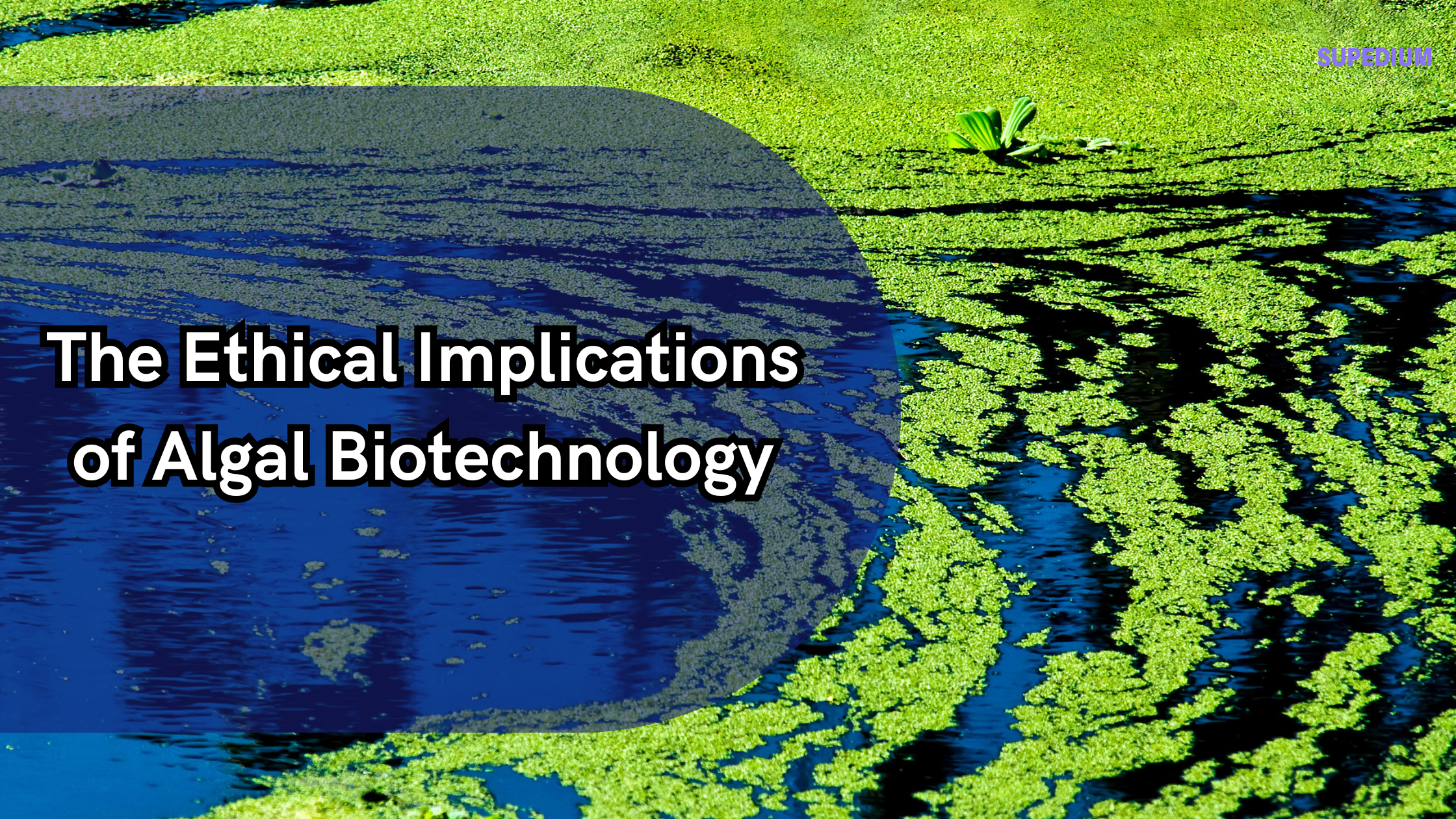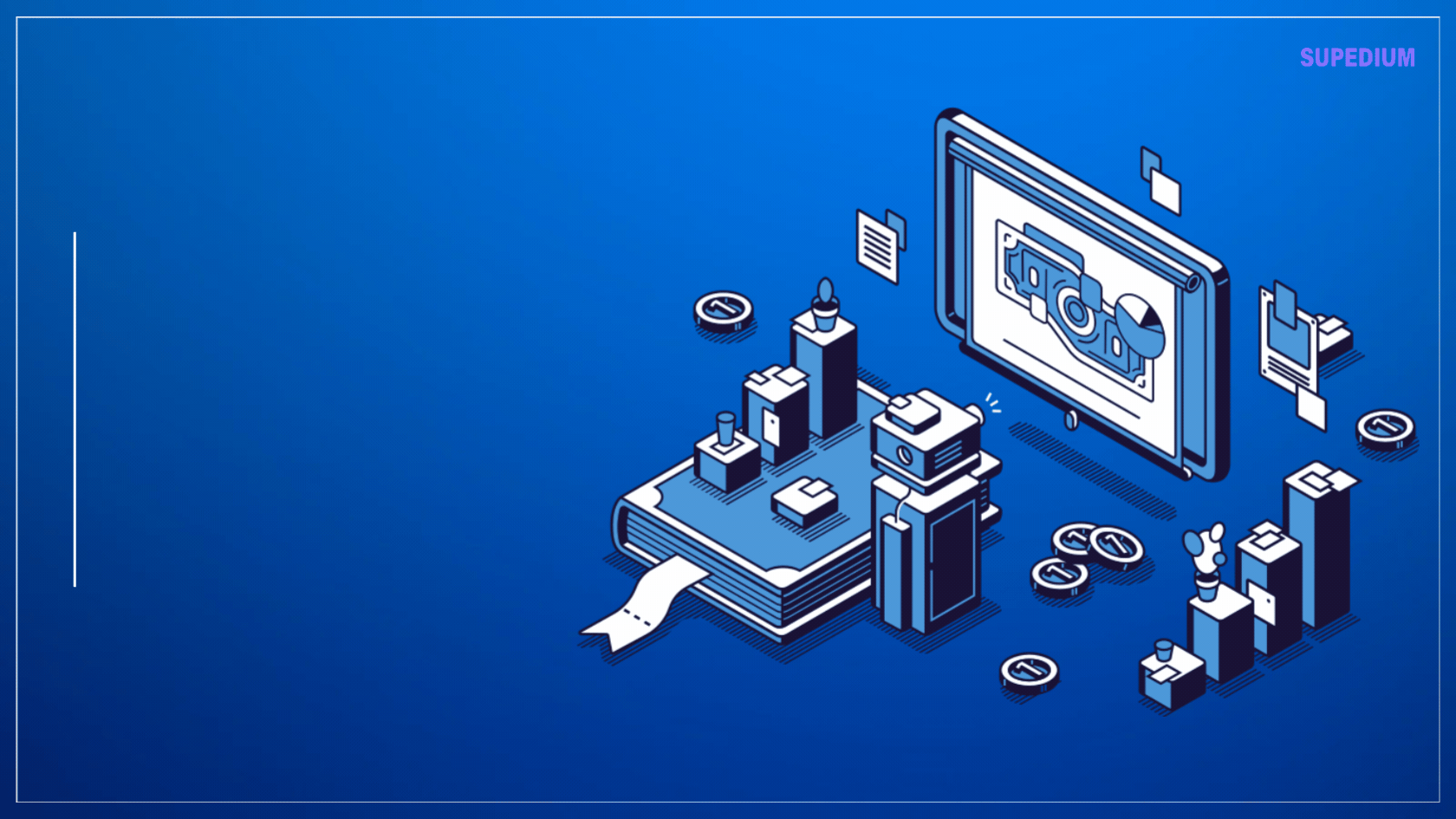Table of Contents
![]()
Algal biotechnology represents a burgeoning field with the potential to address some of the world’s most pressing challenges, from renewable energy to environmental cleanup. As with any rapidly advancing technology, however, it is crucial to consider the ethical implications associated with its development and application. This article explores the ethical concerns related to algal biotechnology, providing an overview of the technology, its applications, and the various moral and practical considerations that arise.
Overview of Algal Biotechnology
Definition and Scope
Algal biotechnology involves using algae—both microalgae and macroalgae—for various applications. Microalgae, such as Chlorella and Spirulina, are single-celled organisms that thrive in aquatic environments. Macroalgae, including seaweeds like kelp, are larger, multicellular algae that grow in marine environments. The field of algal biotechnology leverages these organisms for a wide range of purposes, including biofuels, nutritional supplements, bioremediation, and pharmaceuticals.
Current Applications
- Biofuels and Renewable Energy: Algae are increasingly being explored as a sustainable alternative to fossil fuels. They can produce biodiesel and bioethanol with high efficiency, contributing to a reduction in greenhouse gas emissions.
- Nutritional Supplements and Food Products: Algae are rich in proteins, vitamins, and essential fatty acids. Supplements like Spirulina and Chlorella are popular for their health benefits, while algae-derived ingredients are used in various food products.
- Bioremediation and Environmental Cleanup: Algae can absorb pollutants from water and air, making them valuable in cleaning up contaminated environments. They are used to remove excess nutrients from wastewater and to mitigate oil spills.
- Pharmaceutical and Cosmetic Products: Algae contain bioactive compounds with potential therapeutic properties. They are used in cosmetics for their moisturizing and anti-aging effects and in pharmaceuticals for drug development.
Ethical Concerns in Algal Biotechnology
Environmental Impact
Algal biotechnology promises significant environmental benefits, such as carbon sequestration and pollution control. Algae can absorb CO2 from the atmosphere and convert it into biomass, helping mitigate climate change. They are also employed in bioremediation to address environmental pollution.
However, there are potential risks. The large-scale cultivation of algae could lead to ecological disruptions, such as the displacement of native species or the creation of invasive algal blooms. The unintended consequences of large-scale algal farms need careful assessment to avoid ecological imbalances.
Economic and Social Impacts
The economic implications of algal biotechnology are multifaceted. On one hand, it can stimulate job creation and foster economic growth, particularly in rural or underdeveloped areas where algae cultivation might be established. On the other hand, there is a risk of displacement of local communities if algal farms are established on lands traditionally used for agriculture or other purposes.
Equity and access are also critical considerations. The benefits of algal biotechnology, such as affordable biofuels and nutritional supplements, must be accessible to all, particularly in low-income regions. Ensuring that advancements do not exacerbate existing inequalities is a fundamental ethical concern.
Intellectual Property and Access
The patenting of algal strains and biotechnology processes raises important ethical issues. Intellectual property rights can drive innovation by providing financial incentives for research. However, they can also create monopolies that restrict access to essential technologies and knowledge. This can hinder research and development, especially in less affluent regions or among smaller research entities.
Safety and Health Concerns
The safety of algal-based products is a significant concern. While algae are generally considered safe, there is a need for rigorous testing to ensure that long-term consumption does not have adverse health effects. There is also the potential for allergenicity and toxicity, which must be carefully monitored and managed.
Ethical Use of Genetic Engineering
Genetic engineering of algae introduces new possibilities, such as creating strains with enhanced productivity or novel traits. However, this also raises ethical questions about the risks associated with genetic modifications. The potential for unforeseen consequences or ecological disruptions must be weighed against the benefits of these innovations.
Regulatory and Policy Framework
Current Regulations
Regulation of algal biotechnology varies by region and application. National and international bodies oversee aspects such as environmental safety, health risks, and intellectual property rights. In the United States, for example, the Environmental Protection Agency (EPA) and the Food and Drug Administration (FDA) play roles in regulating algae-based products and processes.
Gaps and Challenges
Existing regulations may not fully address the rapid advancements in algal biotechnology. For instance, regulatory frameworks might lag behind innovations in genetic engineering or new applications of algae. Updating policies to keep pace with technological developments and ensuring comprehensive oversight are crucial for managing potential risks and ethical concerns.
Case Studies
Case Study 1: Algal Biofuels
The development of algal biofuels has the potential to revolutionize the energy sector. Projects such as those led by the Algal Biomass Organization aim to create sustainable, high-yield biofuels. However, these initiatives must address concerns about land use, water consumption, and environmental impact to ensure they provide a net benefit.
Case Study 2: Algal Supplements
The popularity of algal supplements like Spirulina and Chlorella highlights their health benefits and market potential. These supplements are celebrated for their nutritional value but must be produced and marketed with transparency to avoid misleading consumers and ensure safety.
Case Study 3: Environmental Bioremediation
Algae-based bioremediation projects have successfully demonstrated their ability to clean up polluted environments. For example, algal systems have been used to treat wastewater and remove heavy metals from contaminated sites. These projects showcase the potential of algae to address environmental issues but also underline the need for ongoing monitoring and management.
Lessons Learned
Successful algal biotechnology projects often share common elements, such as rigorous safety assessments, transparent reporting, and stakeholder engagement. Areas for improvement include addressing environmental impacts proactively and ensuring that the benefits of technology are equitably distributed.
Future Directions and Recommendations
Emerging Trends
Algal biotechnology is poised for further advancements, including enhanced genetic engineering techniques and integration with emerging technologies such as artificial intelligence and robotics. These innovations hold promise but must be pursued with careful consideration of their ethical implications.
Ethical Guidelines and Best Practices
Developing comprehensive ethical frameworks is essential for guiding research and development in algal biotechnology. Best practices should include transparent reporting, stakeholder engagement, and a commitment to minimizing environmental and social risks.
Recommendations
For policymakers, researchers, and industry stakeholders, recommendations include:
- Strengthening regulations to address new technologies and ensure safety.
- Promoting responsible innovation that considers ethical implications and societal impacts.
- Encouraging public engagement and dialogue to foster transparency and trust.
Conclusion
Algal biotechnology offers exciting opportunities across various sectors, but it also presents significant ethical challenges. By addressing these concerns through thoughtful regulation, ethical guidelines, and public engagement, we can harness the potential of this technology while minimizing risks and promoting equitable benefits. Balancing innovation with ethical responsibility is crucial for ensuring that algal biotechnology contributes positively to society and the environment.
Share This





Be the first to comment